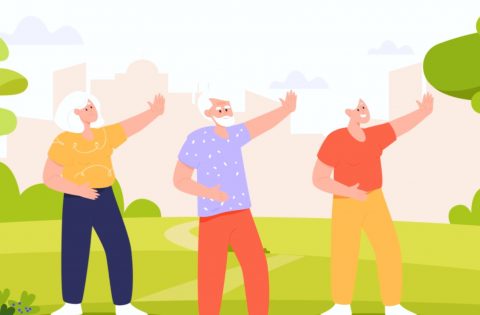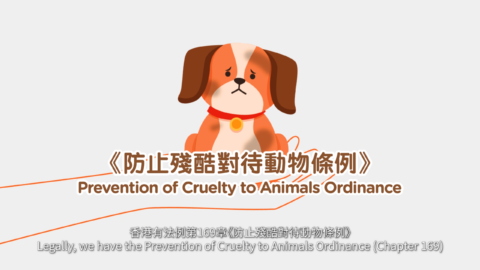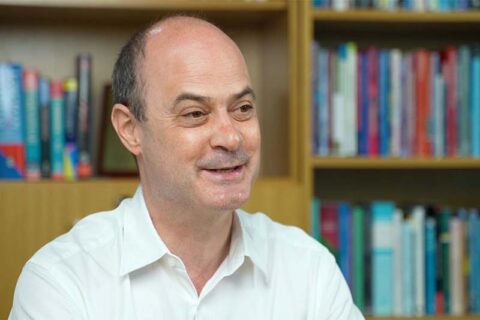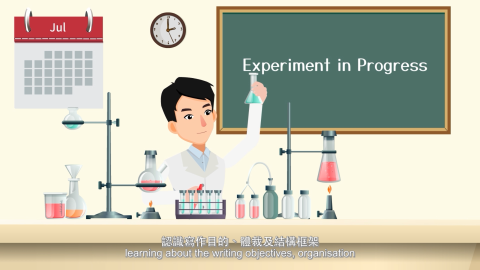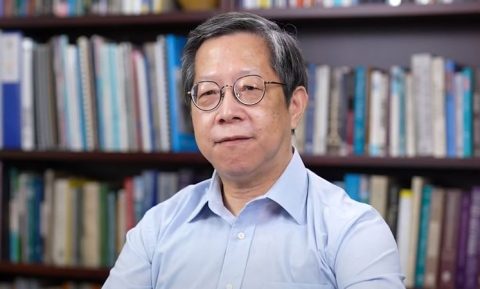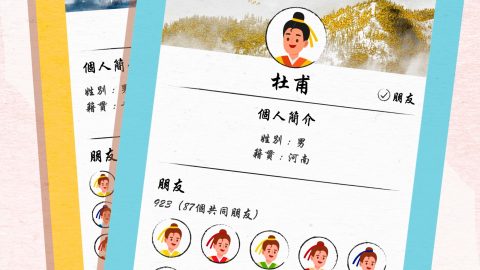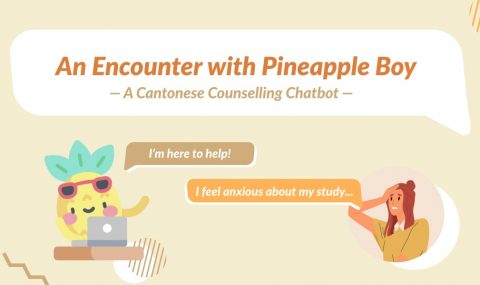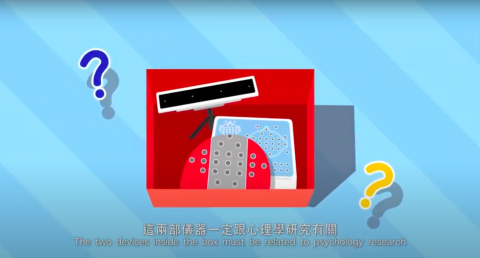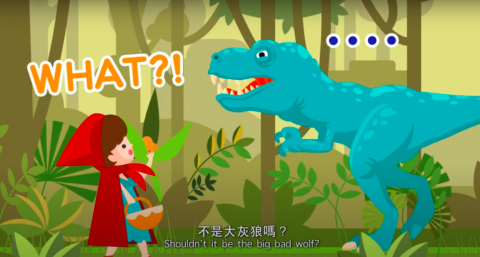With an increasing aging population in many cities worldwide, promoting and maintaining the health of elderly individuals has become a pressing public health issue. Professor Derrick HO Hung-chak, Assistant Professor of CityUHK's Department of Public and International, shared his research findings on whether “planned greenspace” or “natural greenspace” is more beneficial to the mental and physical health of elderly individuals in a high-density city with compact environment.
(Video in Chinese only with bilingual subtitles) During late Qing dynasty, many Chinese men in Guangdong region were trafficked as contract labourers who ventured abroad. In this video, Prof Fan Ka-wai, Associate Professor of CityU’s Department of Chinese and History, has conducted a research project to look into the archival records released by the Tung Wah Group of Hospitals (TWGH), and then present new discovery on the global network and part played by TWGH in connecting overseas and local communities in Chinese diaspora history.
(Video in English only with bilingual subtitles) Pets are great companions for people in Hong Kong. However, not all are fortunate enough to find caring homes. In this video, Professor Rebecca WONG Wing-yee, Associate Professor of CityU’s Department of Social and Behavioural Sciences, sheds light on animal cruelty and illegal wildlife trading from the criminology perspective.
Learning ‘legal English’, the specialised language that students encounter in law school, is particularly challenging. Law students must learn to use English forms and structures in such a way as to meet the expectations of members of the legal academic community, consistent with the conventions of the legal discipline. Professor Christoph Hafner, Associate Professor of CityU’s Department of English, formed an interdisciplinary project team with legal and language experts in local and overseas universities, in order to develop a digital multimedia resource for legal English based on an analysis of the language needs of Hong Kong law students.
(Video in Cantonese only with bilingual subtitles) STEM has been a popular trend in education locally and globally. However, many local students still share several struggles while using English to study Science. In this video, Dr Jack PUN, Assistant Professor of CityU’s Department of English, showcases the in-school practices of Translanguaging and Genre-based Pedagogy.
People often feel helpless and depressed when facing life-altering situations such as a terminal diagnosis, incarceration and even a global pandemic. While many clinical psychologists mainly provide their patients with symptom treatments that focuses on “now”, Prof Samuel HO Mun-yin, Head of CityU’s Department of Social and Behavioural Sciences, has dedicated over two decades to his hope-based treatments that focus on the future.
(Video in Cantonese only with bilingual subtitles) Have you ever imagined whether Tang poets Li Bai and Du Fu knew each other? As technology advances, one can gain an understanding of the social networks of historical figures with the help of digital tools. The use of information technologies in humanities research is referred to as “digital humanities”. In this video, Dr TSUI Lik-hang of CityU’s Department of Chinese and History introduces this mode of research and explains how it can help enhance the depth and breadth of the research by humanities scholars.
(Video in English only with bilingual subtitles) Misinformation and fake news have become a global issue with the quick expansion of social media use. The findings of this study could provide some insights on effective misinformation correction strategies. In this video, Dr Nancy DAI Yue, Assistant Professor of CityU’s Department of Media and Communication, will share with you some tips to correct misinformation effectively by changing the information presentation order and adding a debiasing message.
(Video in Cantonese only with bilingual subtitles) Feeling anxious about your examination? In this video, Dr John LEE of CityU’s Department of Linguistics and Translation introduces the first Cantonese counselling chatbot developed by his team which offers support and counselling advice to students who suffer from academic issues, test anxiety or loneliness. He also explains how his research team facilitates the chatbot development.
(Video in Cantonese only with bilingual subtitles) In this video, Dr Dannii Yeung and Dr Tse Chun-yu of CityU’s Department of Social and Behavioural Sciences introduce the eye tracker and EEG machine, examples of equipment that are being used in psychology research studies. They also share their research studies on people’s emotional reactions to intergenerational workplace conflicts and the cognitive mechanism of individuals in detecting environmental changes.
(Video in Cantonese only with bilingual subtitles) In this video, Dr Bonnie Chow of CityU’s Department of Social and Behavioural Sciences explains how social scientists are striving for the betterment of society through observation, suggesting hypothesis and using experiments to verify the hypothesis, and finally building knowledge. Two research studies on creative literacy activities and dialogic reading, conducted by Dr Chow, are shown as examples.

